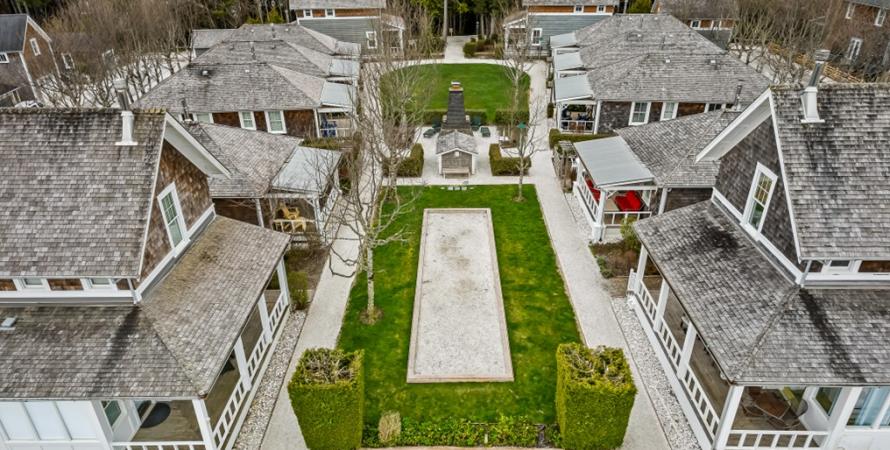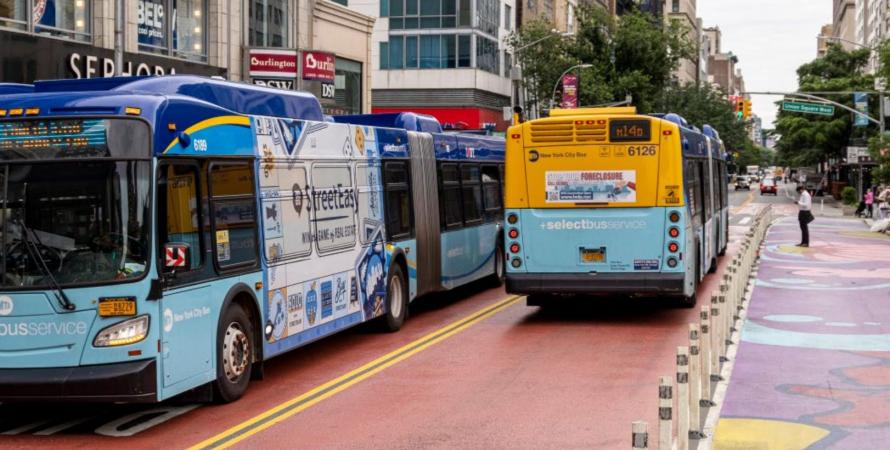-

The world after campus
I refuse to accept my best days of walkability were in college.Having just graduated from college this past week, one thing has struck me again and again in conversations with my graduating peers. When they talk about what they’ll miss about college after graduating, they reveal that they will miss the way of life on-campus – how there’s always something to do...Read more -

Let's build age-friendly communities
America is aging. Let's make places worth aging in.As an urban advocate in Northwest Arkansas, I have lots of conversations with local residents. When talking with retirees, the same themes surface regarding their desired retirement environment: affordability, low maintenance, convenient amenities, and accessible transportation. Regrettably, a lack...Read more -

Busting the myth that alleys cost more
A careful apples-to-apples analysis shows that the classic urban pattern can actually cost less – but it mostly depends on the shape of the lots.One of the frequent complaints we hear from homebuilders – at least those who aren’t familiar with successful new urbanist development models – is that they “can’t afford alleys”, and that “alleys just double the number of streets”. Indeed, perhaps the most commonly cited reason that national...Read more -

From edge to epicenter
How the curb became a key space in modern cities.The curb, as we know it, is more than just a parking lane. It’s a dynamic space where the city meets the street, it is a connector and a public resource that should be equitably shared by all. While curbs were originally created to support drainage and sanitation, enhance pedestrian safety, and...Read more